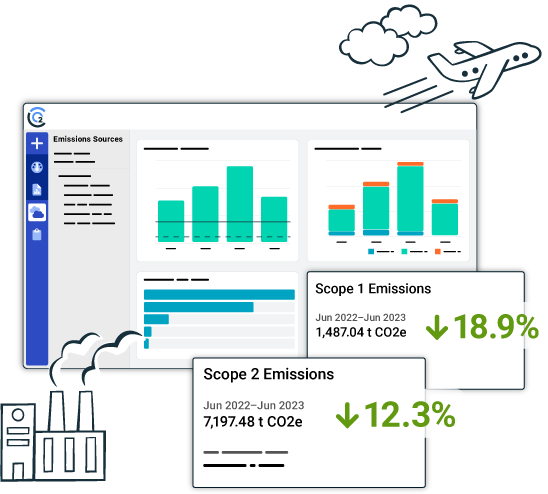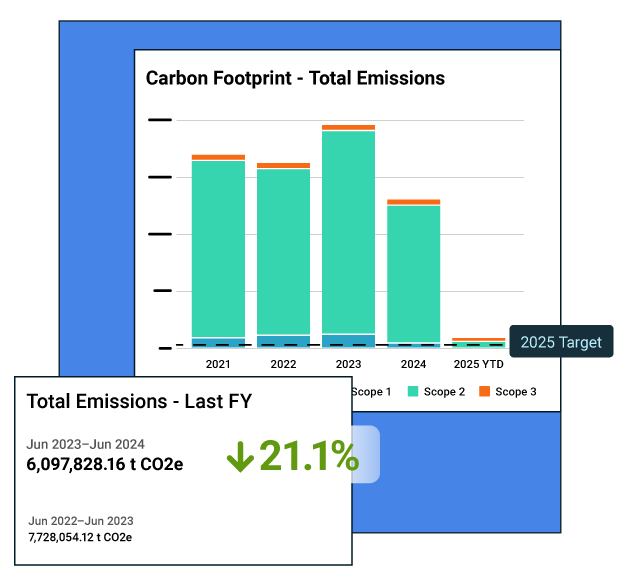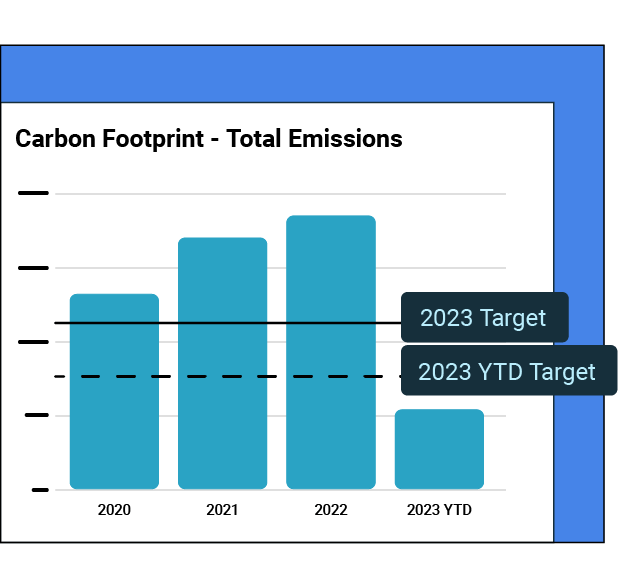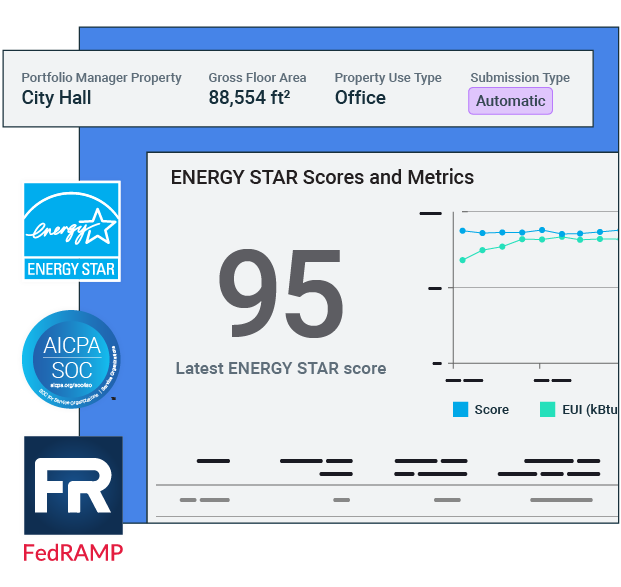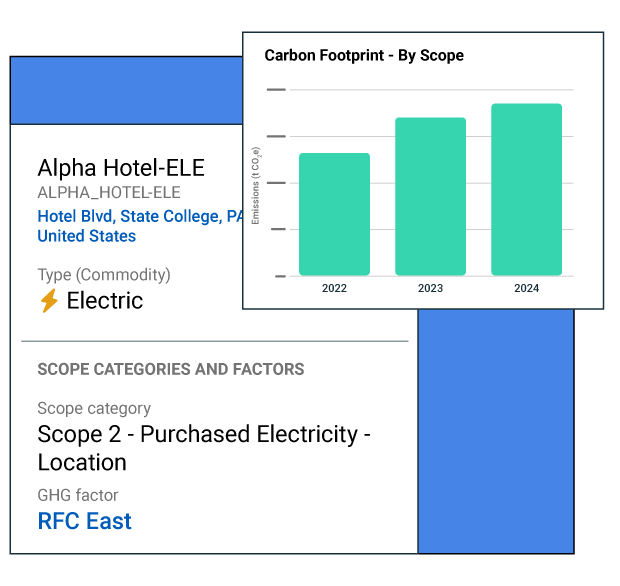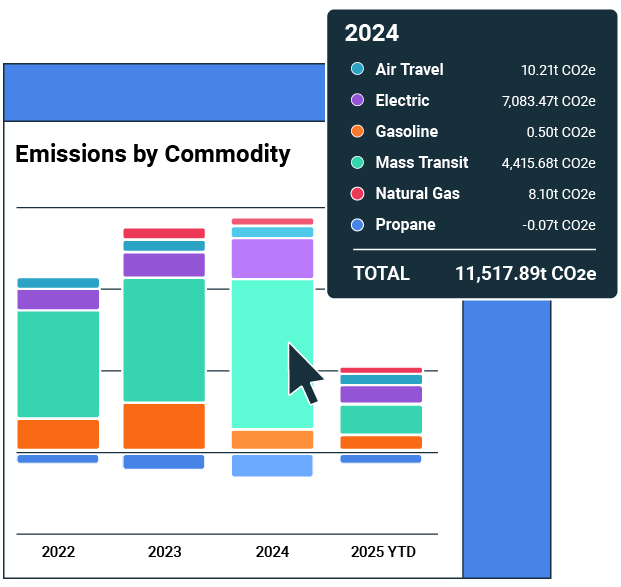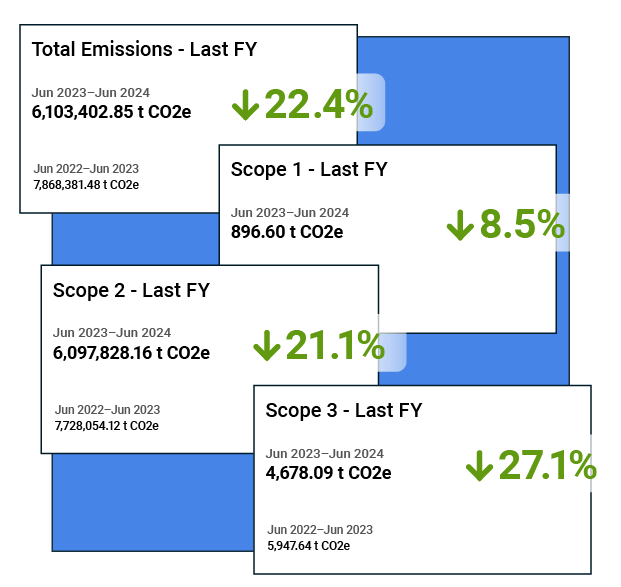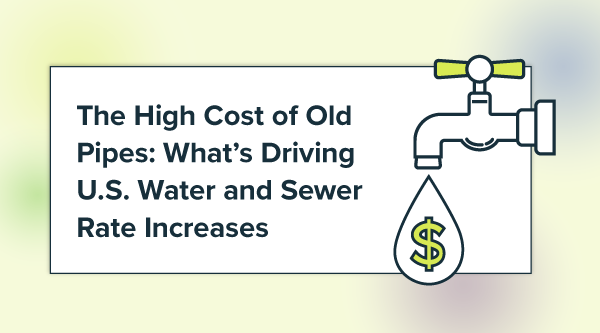What is carbon accounting?
Carbon accounting is the process of measuring, tracking, and reporting greenhouse gas (GHG) emissions from businesses, organizations, or activities. It helps quantify carbon footprints by categorizing emissions into direct (Scope 1), indirect (Scope 2), and value chain emissions (Scope 3).
Carbon accounting is important because it helps organizations measure and manage their greenhouse gas emissions, enabling them to reduce their environmental impact and meet sustainability goals. It supports regulatory compliance, enhances corporate transparency, and improves decision-making for carbon reduction strategies. It also allows businesses to participate in carbon trading, attract environmentally conscious investors, and contribute to global efforts to combat climate change.
Who does carbon accounting?
Businesses, governments, nonprofit organizations, and individuals use carbon accounting to measure and manage their greenhouse gas emissions. Large corporations and industries use it to comply with regulations, meet sustainability goals, and report to stakeholders. Governments apply carbon accounting at national and regional levels to track emissions and develop climate policies. Consultants, environmental agencies, and third-party auditors also assist organizations in accurately assessing and verifying their carbon footprints.
What is decarbonization?
Decarbonization is the process of reducing or eliminating carbon dioxide (CO₂) and other greenhouse gas emissions from energy production, transportation, and industrial processes. Decarbonization drives innovation in clean energy, strengthens energy security, and supports economic growth through green technologies while helping achieve net-zero emissions and promoting a cleaner environment.
Decarbonization is important because it helps combat climate change by reducing greenhouse gas emissions that contribute to global warming. It supports environmental sustainability, improves air quality, and enhances public health by decreasing reliance on fossil fuels. Achieving decarbonization is essential for meeting international climate targets and ensuring a livable planet for future generations.
What are carbon emissions?
Carbon emissions are the release of carbon dioxide (CO₂) and other greenhouse gases into the atmosphere, primarily from human activities such as burning fossil fuels, deforestation, industrial processes, and agriculture. These emissions contribute to the greenhouse effect, trapping heat and leading to global warming and climate change.
Carbon emissions are classified into three main scopes under the Greenhouse Gas (GHG) Protocol, including direct emissions from sources like vehicles and factories, as well as indirect emissions from electricity use and supply chains. Effectively managing and reducing these emissions is essential for minimizing environmental harm, enhancing air quality, and reaching global climate targets such as net-zero emissions.
How can you reduce carbon emissions?
Carbon emissions can be reduced by using renewable energy sources like solar and wind, improving energy efficiency in buildings and appliances, adopting sustainable transportation and reducing waste. Businesses and governments can implement policies to limit emissions, invest in carbon capture technologies, and promote eco-friendly practices.
Carbon accounting software helps reduce carbon emissions by providing organizations with advanced energy and sustainability management tools. It enables businesses, governments, and institutions to track energy consumption, monitor greenhouse gas emissions, and identify inefficiencies in energy use. Software with carbon accounting capabilities allows organizations to measure and report their emissions accurately, set reduction targets, and comply with environmental regulations.
What is a carbon footprint?
A carbon footprint is the total amount of greenhouse gases, primarily CO₂, emitted directly and indirectly by an individual, organization, product, or activity. It includes emissions from energy use, transportation, food production, manufacturing, and waste. Measuring a carbon footprint helps identify ways to reduce environmental impact by adopting sustainable practices, improving energy efficiency, and using low-carbon alternatives.

 Best-in-class portfolio-level energy and utility bill data management and reporting.
Best-in-class portfolio-level energy and utility bill data management and reporting.
 Real-time energy and sustainability analytics for high-performance, net-zero buildings.
Real-time energy and sustainability analytics for high-performance, net-zero buildings.
 A holistic view of financial-grade scope 1, 2, and 3 carbon emissions data across your entire business.
A holistic view of financial-grade scope 1, 2, and 3 carbon emissions data across your entire business.
 Energy and sustainability benchmarking compliance software designed for utilities.
Energy and sustainability benchmarking compliance software designed for utilities.
